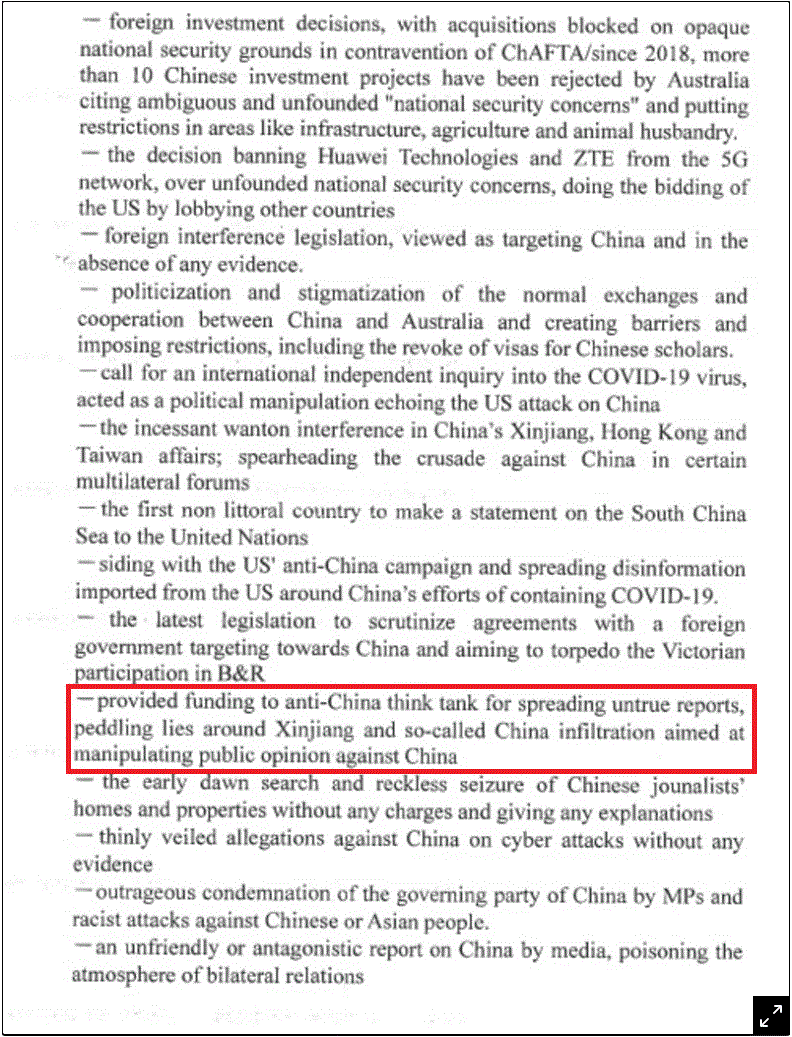Talk about claptrap. ABC.
Peter Dutton has defended waiting till now to promise to bring Darwin Port back under Australian control, rather than acting when the Coalition was in government, because the national security advice has changed since he was defence minister.
Both major parties have vowed to end Landbridge’s 99-year lease on the port, with Anthony Albanese pre-empting the Coalition’s announcement on Friday.
Great! So, what about the flotilla that just sailed around the port and conducted a coast-to-coast city bombardment drill?
Oh, that.
Justin Bassi of ASPI confronts the tyrannosaurus in the room. ASPI.
When Australia and China encounter each other at sea, the interactions are adversarial, accompanied by dangerous Chinese manoeuvres, high-powered lasers shining into cockpits, chaff dropped into Australian aircraft engines and sonar injuring Australian navy divers. These are not friendly port calls but dangerous military activities and displays of coercive statecraft.
…China’s naval behaviour is an assertion of dominance. If the Australian public were in any doubt about how Beijing intended to interact with the region, China’s behaviour in this most recent episode should be instructive. The lack of warning given to Australia was a warning itself of what is to come. Beijing wants us to heed it and submit.
We must not submit. We must learn from the incident and change Beijing’s behaviour.
…Australia must stop being surprised by every new Chinese military or hybrid warfare development. Beijing’s confidence is growing in all domains, including cyberspace. With intrusions known as Volt Typhoon, China’s intelligence agencies were outed in 2023 as having pre-positioned malware for disrupting and destroying our critical infrastructure. This should also be seen as a rehearsal for later cyber moves.
…Although the position is difficult, the Australian government should not think it must walk a tightrope in dealing with China. The strength of response to Beijing’s aggression should depend on the minimum needed to deter more aggression, not by a perceived maximum that will leave trade and diplomatic relations unharmed. European countries have made such mistakes in handling Russia—declining to hold it to account in the hope that Putin would keep selling gas to them and delay military action.
There’s no use in pretending or hoping there is nothing to see here except one-off instances of unpleasant behaviour. China’s aggression follows its concept of dealing with the rest of the world, and it won’t stop. Quiet diplomacy won’t deter Beijing from more dangerous behaviour but will embolden it to repeat its actions. Each instance will show Australia is incapable of doing anything about it until Beijing—mistakenly or intentionally—goes so far as to make conflict inevitable. Australia’s time to stand up cannot wait until a live fire drill becomes just live fire.
Let’s not forget that banning ASPI was a key demand in the 14 conditions to end democracy.

And the Albanese government has set about doing just that as it crawls on hands and knees to Beijing.
Prime Minister Anthony Albanese’s department in February commissioned former Department of Foreign Affairs and Trade head Peter Varghese to review national security strategic policy work.
Australia’s strategic policy community has since been abuzz with speculation the review was driven in part by a desire to rein in the Australian Strategic Policy Institute, a Canberra think tank established in 2001 and led by former Liberal Party staffer and public servant Justin Bassi.
Of course, Peter Dutton is not much better these days as he kowtows to the local Chinese diaspora, afraid of its influence over seven seats, which was decisive at the last election.
That is why there is no debate as Australian democracy dies in the sights of a Chinese gunboat.
It’s already resting in peace somewhere just south of the Scarborough Shoal.

